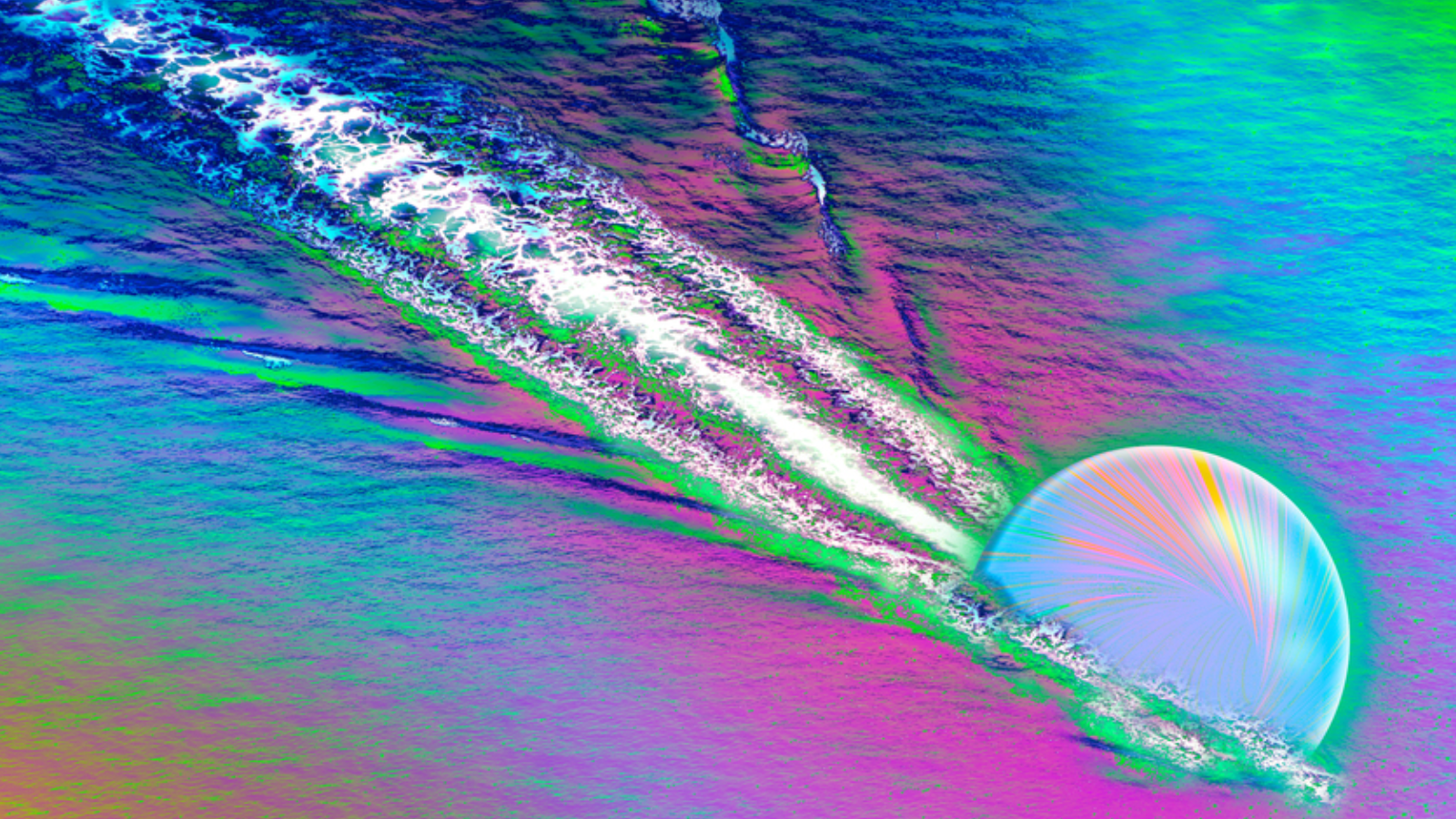Early Stars Show Universe Grew Up Quickly
A new study of very distant galaxies adds to mounting evidence that the universe evolved quickly.
Scientists think the universe began with a Big Bang. The first stars formed about 200 million years later, when gas cooled enough to allow knots to condense, according to previous research. As galaxies developed, the thinking goes, they grew in part through mergers in a hierarchical fashion.
But the new study shows the pace must have been awfully rapid. The galaxies examined are about 13 billion light-years away. That means they formed 13 billion years ago and their light is just now reaching us. The Big Bang is thought to have occurred 13.7 billion years ago.
The new study combined observations from the Hubble and Spitzer space telescopes and the Keck Observatory in Hawaii.
"Some of these galaxies are already 300 million years old when the universe is very young," said Laurence Eyles, a doctoral student at the University of Exeter and one member of the international research team.
Several astronomer chimed in with thoughts on the results, which are to be presented Wednesday by Exeter professor Andrew Bunker at the annual meeting of the Royal Astronomical Society in the UK.
"It could be that these were some of the first galaxies to be born," said Michelle Doherty of the Institute of Astronomy, Cambridge.
Breaking space news, the latest updates on rocket launches, skywatching events and more!
"It seems that in a couple of cases these early galaxies are nearly as massive as galaxies we see around us today, which is a bit surprising when the theory is that galaxies start small and grow by colliding and merging with other galaxies," said Mark Lacy of the Spitzer Science Center.
"The real puzzle is that these galaxies seem to be already quite old when the universe was only about 5 percent of its current age," said Richard Ellis of Caltech, which operates Spitzer for NASA. "This means star formation must have started very early in the history of the universe - earlier than previously believed."
- The First Stars
- Images of Early Galaxies
- Our Tangled Universe: How the First Galaxies Were Born

Rob has been producing internet content since the mid-1990s. He was a writer, editor and Director of Site Operations at Space.com starting in 1999. He served as Managing Editor of LiveScience since its launch in 2004. He then oversaw news operations for the Space.com's then-parent company TechMediaNetwork's growing suite of technology, science and business news sites. Prior to joining the company, Rob was an editor at The Star-Ledger in New Jersey. He has a journalism degree from Humboldt State University in California, is an author and also writes for Medium.
